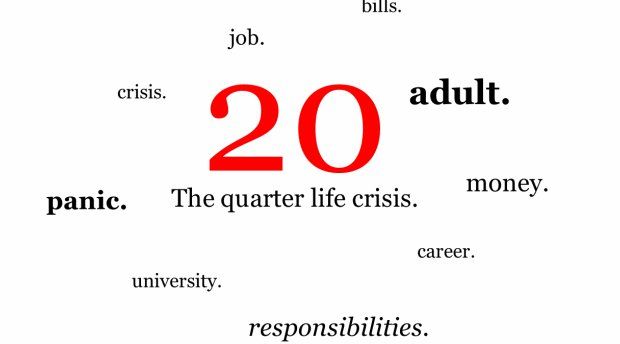Top 3 Tips for Changing Careers (and Not Just Jobs)
Post Views 7Are you a job changer or a career changer? For many job seekers, they simply want the same job with a different employer. If, on the other hand, you’re a career changer, you’re looking to apply your skills to an entirely new role, profession and/or industry.
If that’s you, don’t worry, you’re not alone. Recessions have a way of creating dramatic shifts in the workforce. I’m going to offer you three important tips to help you accomplish your career change:
- Your resume must say what you’re trying to accomplish.There’s nothing stranger than receiving a resume for a sales position from a construction manager. Most employers devote 3-5 seconds on each resume, and trust me, very few of them have the time to guess at why you’re a candidate for a job when you appear unqualified. Your resume needs to clearly say you’re a career changer. How? Start with an objective statement that describes the change you wish to make, and why you can pull it off. Use something like: “I’m looking for a sales position in the construction equipment field where I can apply my construction site knowledge and strong interpersonal skills.” Next, the accomplishments you cite on your resume should translate to the new position. For example, you could write “Worked with a difficult and demanding client to deliver an outstanding final product.” Translation: I know how to work with difficult people AKA your clients. (If you need help re-purposing your resume for a career change, consider having a professional resume writer write your resume. To learn more about resume writing services, visit PreferredResumes.com.)
- Be prepared to take a step backwards.Many career changers waltz into interviews saying, “I know I’ll be as competent as an entry-level person to you, but I still need to make $100K.” All the interviewer can think is that he could hire a $30K person and have less risk. Think of your career as a jungle gym, not a ladder. Sometimes you need to go down to climb up. What’s $10K less ($6K after taxes) if it leads you to a happier, better career path? Most career changes require an amount of retrenching, which most people ultimately find exciting and rewarding.
- Think in terms of logical entry points. The ideal career change scenario is one that at least partially values your current skills. If you’re a high-tech sales person that wants to be a pharmacist, you may want to try to become a sales rep for a pharmaceutical company as an interim step. This way, you’ll be in the industry and can start to learn the terminology and how to play the field. Likewise, if you’re a software programmer and you’d like to instead devote your effort to alternative energy, you might first want to get a job working in the IT department of a promising alternative energy company. If you’re a teacher and you hate your job, you might be a good fit for an online education company.




 Don’t Turn Your Two-Week Notice in Just Yet
Don’t Turn Your Two-Week Notice in Just Yet  Take on a New Career after You Burn Out in Your Current Job
Take on a New Career after You Burn Out in Your Current Job  Returning to Work after Retirement
Returning to Work after Retirement  What is a Quarter-Life Crisis and How to Tackle It
What is a Quarter-Life Crisis and How to Tackle It  Repayment of Relocation Expenses to Employers
Repayment of Relocation Expenses to Employers  How to Change Careers after the Age of 50
How to Change Careers after the Age of 50  Top 6 Reasons to Find a New Job: When is the Right Time to Change Jobs?
Top 6 Reasons to Find a New Job: When is the Right Time to Change Jobs?  2015 New Year’s Resolutions at Work
2015 New Year’s Resolutions at Work